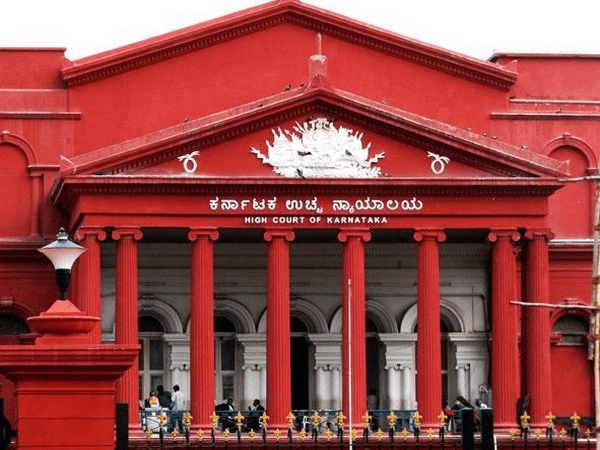The Karnataka High Court has observed that the State Scheduled Castes/ Scheduled Tribes Commission does not have Adjudicatory Power under the Karnataka State Commission for Scheduled Castes and Scheduled Tribes Act, 2002.
The Single-Judge Bench of Justice S.G. Pandit observed that the State Scheduled Castes/Scheduled Tribes Commission could not have directed the Executive Director-cum-Appointing Authority of Karnataka Residential Educational Institutions Society to regularise the services of the second respondent as the Principal of Morarji Desai Residential School Arakeri since the Commission is not conferred with the Adjudicatory Power under the Karnataka State Commission for Scheduled Castes and Scheduled Tribes Act, 2002.
The High Court passed the order, while hearing a petition filed with prayer to quash the order dated 15.03.2016 passed by the first respondent (State Scheduled Castes/ Scheduled Tribes Commission).
The counsel for the petitioner submitted that the second respondent approached the first respondent with a prayer to regularise her services in the petitioner-Institution as Principal.
The first respondent has no jurisdiction or authority to decide the service dispute between the respondent Nos.1 and 2. It is submitted that the functions of the Commission are prescribed under Section 8 of the Karnataka State Commission for Scheduled Castes and Scheduled Tribes Act, 2002 and the Commission is the recommendatory authority.
The Counsel contended that the Commission is not conferred with the power to adjudicate dispute between the parties. Learned counsel places reliance on the decision of the High Court dated 25.03.2021 in W.P.No.22794/2016.
Per contra, Counsel C. Jagadish for the Commission submitted that the Commission would carry on its functions under Section 8 of the Act and Rule 10[5] of the Karnataka State Commission for Scheduled Castes and Scheduled Tribes Rules, 2012 [for short the Rules]. It is also submitted that the Commission has jurisdiction to enquire into the matter and make appropriate recommendations to the State Government.
While considering the petition, the Bench observed that the second respondent approached the first respondent-Commission with a prayer to regularise her services as Principal in the Institutions run by the petitioner Society.
The subject matter of the complaint was with regard to the service condition of the second respondent. Admittedly the first respondent – Commission is not conferred with the Adjudicatory Power under the Act.
“The Commission could not have directed the petitioner to regularize the services of the second respondent as Principal. The first respondent-Commission could not have entertained the complaint of the second respondent with a prayer for regularisation of her service. Under Section 8 of the Act, the Commission could enquire on the issues enumerated therein and could appropriately recommend corrective measures to the appropriate Authority.
“This Court in W.P. No 22794/2016, following the decision of Co-ordinate Bench in W.P.No.63405/2016 dated 23.11.2020, in a similar fact situation has held that the first respondent-Commission has no adjudicatory jurisdiction. Following the above said decision, writ petition is allowed,” the order read.


